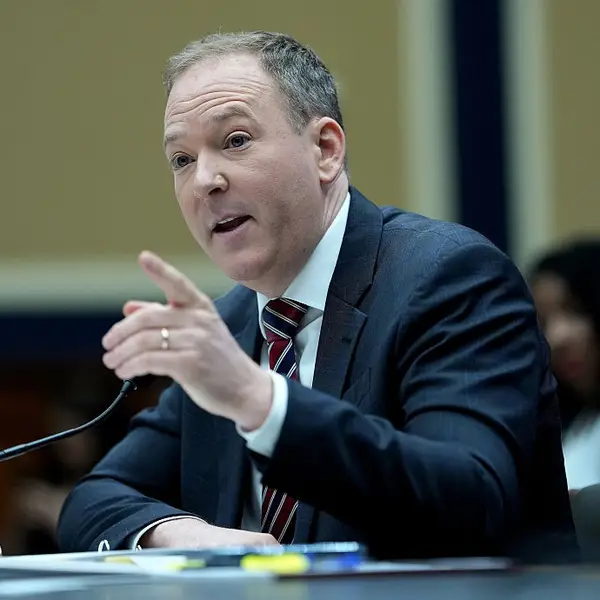The Colombian government on Thursday night said it would halt the toxic fumigation of coca plant fields, defying a U.S.-backed program that has been in place for decades.
In announcing the decision, Colombian health minister Alejandro Gaviria cited concerns that the active ingredient in the herbicide--glyphosate--causes cancer. The World Health Organization reported in March that the weedkiller, widely used in Mosanto's Roundup products, was "probably carcinogenic to humans."
Colombian officials have said that a previous Supreme Court ruling in the country called for an end to the aerial spraying program if health concerns over glyphosate were discovered.
Daniel Mejia, the director of the Center for Security and Drug Studies, a research group in Bogota, told the New York Times on Friday that the spraying operation was "inefficient and counterproductive."
"I would recommend attacking the links in the chain of drug trafficking, the labs where cocaine is processed, the large shipments of chemicals, which is really where the hard drug trafficking is, where organized crime is," Mejia told the Times. "It has been shown that attacking the farmers doesn't work."
According to Adam Isacson, senior associate for regional security policy at the research group Washington Office for Latin America (WOLA), halting the program was the right move.
"Ending fumigation is the right choice for more than health or ethical reasons. Spraying with glyphosate simply hasn't worked. For every acre of coca reduced in Colombia, more than 16 have been sprayed," Isacson wrote in a blog post for WOLA on Wednesday. "The past 20 years have shown that intense glyphosate fumigation can reduce coca-growing in specific areas for limited amounts of time. But populations, lacking other viable economic alternatives, eventually adapt to the spraying, and the crops return."
Hannah Hetzer at the Drug Policy Alliance details some of the problems with the spraying operations:
The damaging effects of glyphosate are compounded by the vast amounts necessary to eliminate crops. A recent study by Pascual Restrepo of MIT and Sandra Rozo of UCLA showed that for every hectare sprayed with glyphosate, illicit crops are reduced in only 0.035 hectares. In other words, to eliminate a hectare of coca, 30 hectares must be sprayed with glyphosate, at a financial cost of $72,000 per hectare. This is an inefficient program, which affects the country's health and environment. In 2007, Afghanistan halted the use of glyphosate for aerial spraying, leaving Colombia the only country in the world to continue with this practice.
Most coca growers are families netting roughly $1,220 per person a year, Isacson writes. Fumigation chemicals in rural areas have "penetrated their residences and left them with nothing to eat. Most of the time, there was no government effort to help those who had been sprayed, not even with basic food security."
Isacson continues:
Coca cultivation is a symptom of the Colombian government's absence from a territory and failure to provide for its people. Like taking an aspirin to fight a serious illness, fumigation--regardless of the chemical used--has sought to alleviate a symptom while allowing the cause, poor governance and lack of economic opportunity, to fester.
The U.S. ambassador in Colombia, Kevin Whitaker, wrote in an op-ed for El Tiempo that the move would not harm diplomatic relations between the two countries.
In an interview ahead of the announcement, Whitaker said, "This is their sovereign decision to make, and we will respect that and we will continue to use the tools that are available to us, as Colombia wishes us to do, to continue to be a partner with them in this fight."
Still, ending the spraying program will have little effect on the long-term effectiveness of the U.S.-led War on Drugs in Colombia if it is not followed by a concerted effort to reform government services for civilians, Isacson writes.
"If there is no effort to establish and improve the presence of civilian state institutions in Colombia's national territory, then coca cultivation can be expected to flourish."



